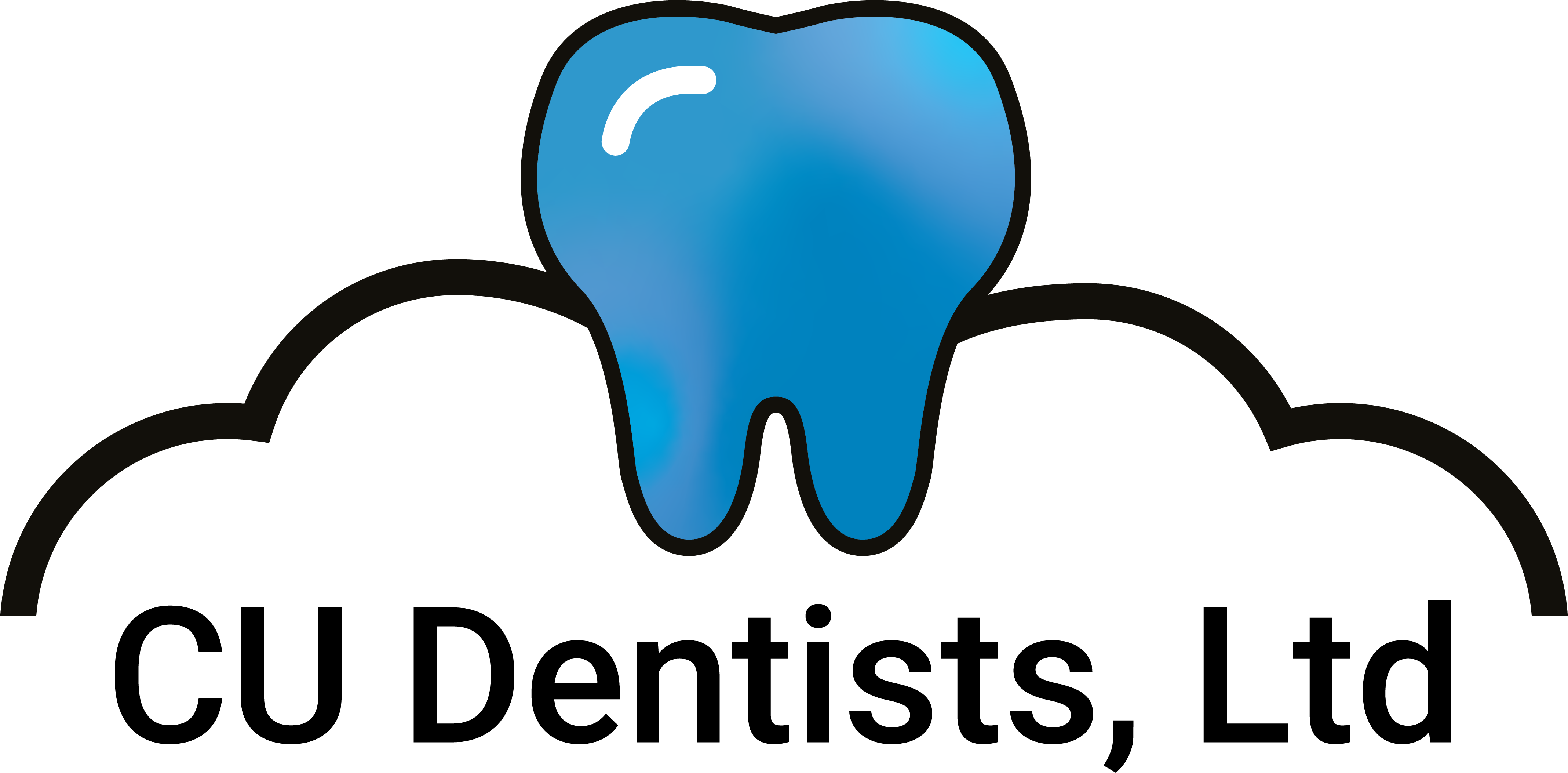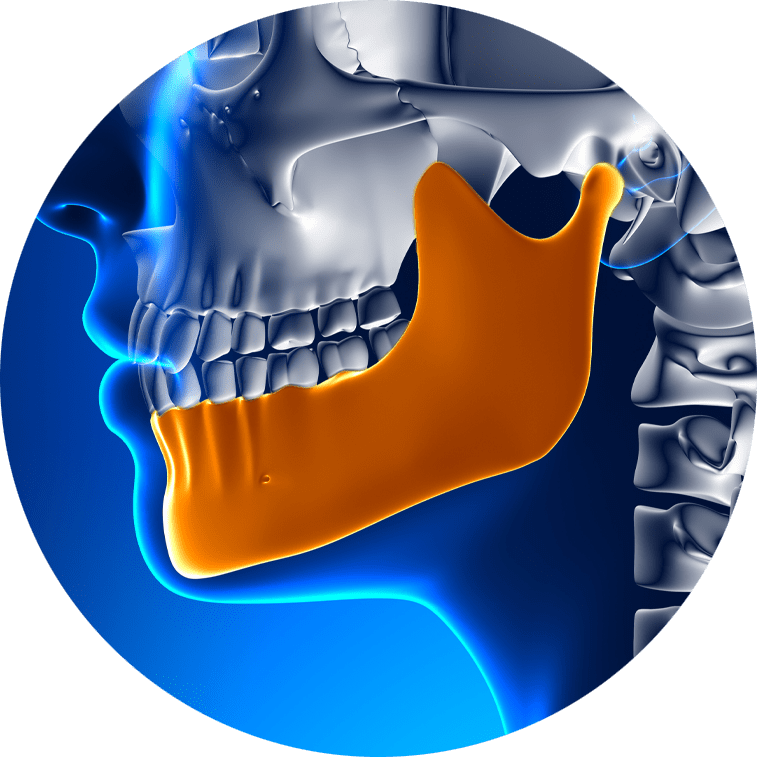


Sleep disorders like sleep apnea and even snoring can lead to a range of health issues, including daytime fatigue, difficulty concentrating, and increased risk of cardiovascular problems. At CU Dentists, Ltd, we understand how sleep disorders can impact overall well-being.
That’s why we offer sleep therapy solutions tailored to address specific conditions like sleep apnea, helping you and your family achieve better sleep quality and overall health! With our personalized approach to sleep therapy, we aim to alleviate symptoms and enhance your quality of life.
At CU Dentists, Ltd, we understand how sleep disorders can impact overall well-being.

Sleep therapy is a comprehensive approach to addressing sleep disorders, improving sleep quality, and addressing associated health issues. Sleep apnea, a common sleep disorder characterized by pauses in breathing during sleep, can lead to various complications, including temporomandibular joint (TMJ) problems. At CU Dentists, Ltd in Champaign, IL, and Rantoul, IL, we’re proud to be pioneers in our area, offering specialized sleep therapy services to you and your family.
Individuals with sleep apnea may unconsciously grind their teeth while attempting to open airways and alleviate breathing difficulties. Our sleep apnea treatments focus on addressing these issues, examining the impact of sleep disorders on oral health, and providing tailored sleep apnea treatments to improve overall sleep quality and alleviate associated symptoms.

Sleep apnea can contribute to the development of TMJ disorders. Individuals with sleep apnea may unconsciously clench or grind their teeth during episodes of disrupted breathing, leading to excessive strain on the jaw joint.
This repetitive pressure can result in TMJ disorders, such as a displaced jaw joint disc, osteoarthritis damage, swelling within the joint, or muscle strain due to poor posture. Inflammation or strain in the TMJ can enhance symptoms and contribute to the development of TMJ disorders. Appropriate sleep apnea treatment can help alleviate these issues and reduce the risk of TMJ disorders.
Initial treatment for sleep apnea often involves conservative measures and therapies. These can range from weight loss programs to Continuous Positive Airway Pressure (CPAP) machines or oral appliances. These interventions aim to prevent airway obstruction during sleep caused by the tongue and soft tissues. For many people with mild to moderate sleep apnea, these conservative approaches effectively alleviate symptoms and enhance sleep quality.
Dental appliances like mandibular advancement devices (MADs) reposition the jaw and tongue to keep the airway open, offering effective relief for mild to moderate obstructive sleep apnea and snoring. Alongside MADs, other options like tongue retaining devices and palatal expanders widen the airway or hold the tongue forward.
However, considering factors like medical history and sleep patterns, consulting a qualified dental professional for personalized evaluation and treatment recommendations is crucial. Seek professional assistance at CU Dentists, LTD for tailored solutions to sleep disorders. Schedule a consultation today for a comprehensive evaluation and personalized treatment planning.
When non-invasive treatments prove ineffective, sleep apnea surgery may be recommended to address persistent symptoms. Surgical options include soft palate surgery (UPPP), tongue repositioning, tonsillectomy, or nasal recontouring (septoplasty). These surgeries aim to widen the airway and improve breathing during sleep by removing specific soft tissues.
Specific lifestyle adjustments can play a crucial role in managing sleep apnea symptoms effectively. These changes may involve weight loss, abstaining from alcohol and sedatives, quitting smoking, sleeping on one’s side rather than the back, and addressing underlying medical issues like allergies or nasal congestion.

Neglecting treatment for sleep apnea or TMJ disorders can pose significant risks to both oral health and overall well-being
Neglecting treatment for sleep apnea or TMJ disorders can pose significant risks to both oral health and overall well-being. Untreated sleep apnea can lead to serious health complications such as hypertension, cardiovascular disease, stroke, and diabetes. It can result in daytime fatigue, impaired cognitive function, and increased accident risk due to sleep deprivation.
Similarly, untreated TMJ disorders can cause chronic pain, discomfort, and difficulty chewing, leading to reduced quality of life. Untreated TMJ issues may worsen over time, potentially resulting in irreversible damage to the jaw joint and surrounding structures. Seeking timely treatment from our team is crucial to mitigating these risks and preserving oral health and overall wellness.
